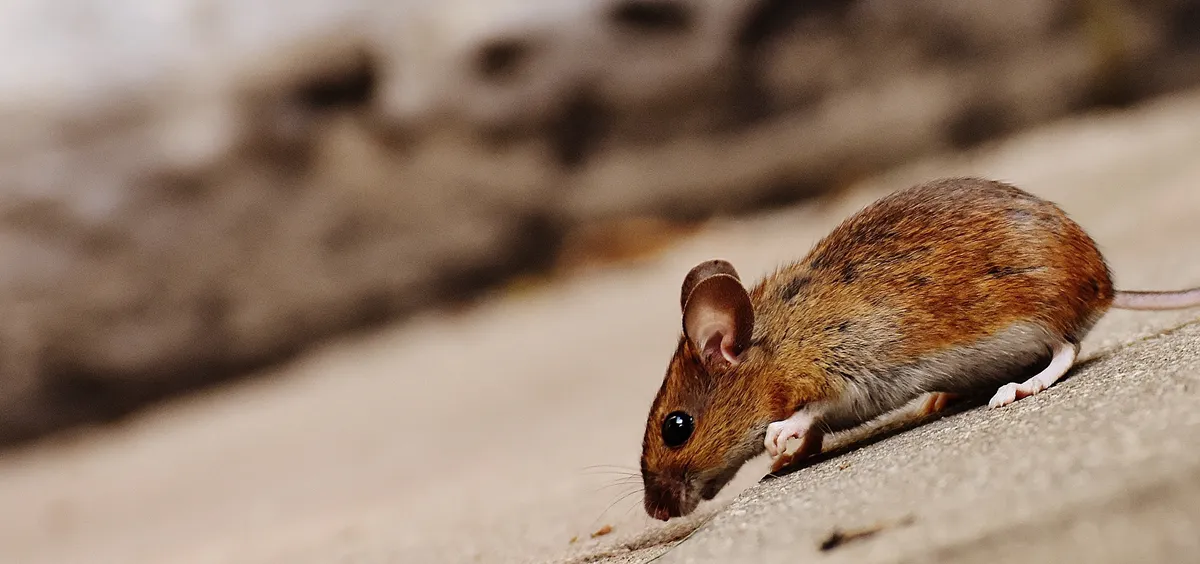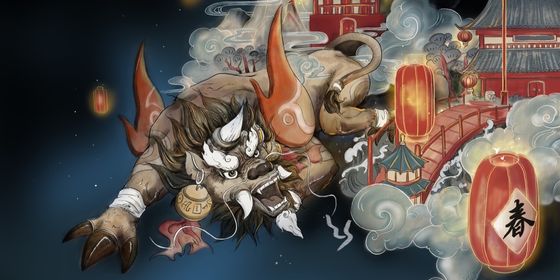Celebrate the Year of Rat with some rodent-related allegories
As Spring Festival approaches, now is usually the time that TWOC introduces some pleasant proverbs related to the new year’s Chinese zodiac animal. But this year, our task is a little tricky.
January 25 will mark the start of the Year of the Rat, but, though animated stars Mickey and Jerry enjoy great popularity among Chinese audiences, the animal still has a generally negative reputation in Chinese culture. Chengyu including the character “rat” (鼠) are usually derogatory, and ancient poems, like the famous “Large rats”, found in Shijing (The Classics of Poetry, said to have been compiled by Confucius during the sixth century BCE), used the rodent as a metaphor for the greedy, exploitative classes.
Still, the first of the Chinese zodiac animals is prominent in all manner of literary expressions, including an array of still commonly used 歇后语 (xiē hòu yǔ)—allegorical sayings in two parts, where the first phrase is descriptive, and the second part, sometimes left unstated, carries the message. Today, TWOC presents some rat-related examples:
A dog trying to catch rats—meddles in other’s business
狗拿耗子——多管闲事
Catching rats is a cat’s responsibility. If a dog tries take over the task, it will be accused of meddling. For example:
Now one asked his opinion, why would he make so many comments about our plan? Just like a dog trying to catch rats—such a busybody!
Yòu méi rén wèn tā de yìjiàn, tā píng shénme duì wǒmen de jìhuà zhǐshǒu-huàjiǎo? Zhēnshi gǒu ná hàozi—duō guǎn xiánshì!
又没人问他的意见,他凭什么对我们的计划指手画脚?真是狗拿耗子——多管闲事!
The first phrase can be used alone, since every one knows the unstated meaning:
He is just like a dog trying to catch rats!
Tā zhēnshi gǒu ná hàozi
他真是狗拿耗子!
A cat weeping over a dead rat—is only shedding crocodile tears
猫哭耗子——假慈悲
A cat that laments a rat’s death is suspected of being insincere and hypocritical. To accuse someone of being “a cat weeping over a dead rat” is to suggest they are shedding crocodile tears. If one who deliberately caused harm comes to express sympathy or comfort, one could say:
Don’t act like a cat crying over a dead rat!
Bié zài zhèlǐ māo kū hàozi le!
别在这里猫哭耗子了!
A rat in a china shop—no one dares to beat it
瓷器店里的老鼠——打不得碰不得
You’ve heard of the bull in the china shop, but what of the mouse the china shop? Catching or killing the mouse is likely to lead to collateral damage to the goods inside; so better to leave it be. This phrase is similar to the chengyu 投鼠忌器 (tóu shǔ jì qì, hesitate to pelt a rat for fear of smashing the dishes beside it) and refers to a situation where people refrain from taking action against an evil-doer for fear of harming innocents.
He has already won the trust of the old couple, now he’s a rat in a china shop—no one dares touch him!
Tā yǐjīng wánquán yíngdé le zhè duì lǎo fūfù de xìnrèn, xiànzài kě shì cíqìdiàn li de lǎshǔ—dǎbudé, pèngbudé!
他已经完全赢得了这对老夫妇的信任,现在可是瓷器店里的老鼠——打不得, 碰不得!
Kill the rat to feed the cat—please one but annoy another
打死老鼠喂猫——好一个,恼一个
A phrase to use when faced with a dilemma of choice involving two two hostile parties: if you help one side, you will harm the other. Accordingly, the cat will be happy, and the rat will be upset.
A: I don’t know why she said that at the meeting! She is just killing the rat to feed the cat—pleasing one but annoying the other.
Wǒ bù míngbai tā zài huì shang wèishénme yào nàme shuō!Wánquán shì dǎsǐ lǎoshǔ wèi māo——hǎo yí gè, nǎo yí gè.
我不明白她在会上为什么要那么说!完全是打死老鼠喂猫——好一个,恼一个。
B: I think this means she’s already chosen a side.
Wǒ judée zhè shuōmíng tā yǐjīng zhàn hǎo duì le.
我觉得这说明她已经站好队了。












